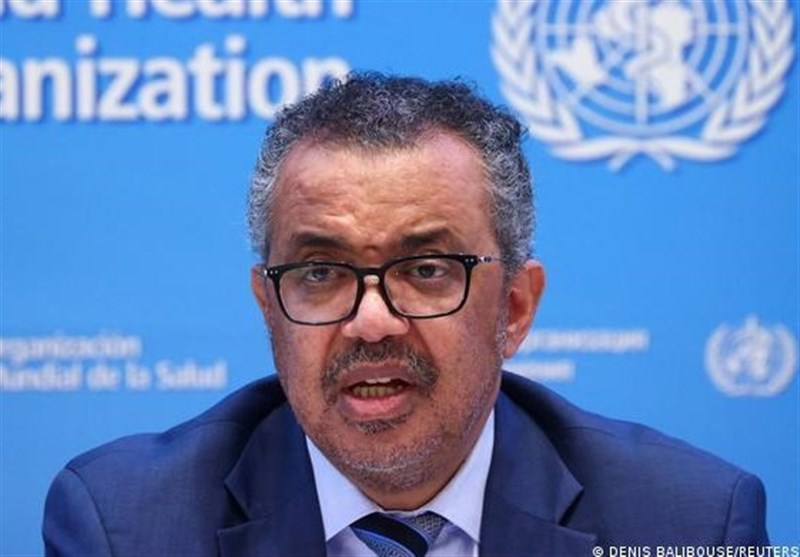Despite reports that COVID-19 cases and deaths have decreased significantly, Tedros Ghebreyesus, Director-General of the World Health Organization (WHO), has warned that COVID-19 is not over.
This was stated by Mr. Ghebreyesus at the World Health Assembly’s opening ceremony on Sunday in Geneva, Switzerland.
The World Health Assembly, composed of representatives from 194 countries, is WHO’s decision-making body.
He asked ministers where the world stood two years into the world’s most severe health crisis in a century, noting that it was the first time the Assembly could be held in person since 2019.
It was not time to lower the guard, according to the director general.
“Has COVID-19 come to an end?” It isn’t over yet. “I understand that’s not the message you want to hear, and it’s certainly not the message I want to deliver,” he explained.
Read Also: Two killed, others rescued in another Lagos building collapse
Although all restrictions have been lifted in many countries, and “life looks much like it did before the pandemic,” he added, “reported cases are increasing in nearly 70 countries in all regions, because testing rates have plummeted.”
Mr. Ghebreyesus warned that reported deaths in Africa, the continent with the lowest vaccination coverage, are on the rise.
“This virus has surprised us at every turn – a storm that has ripped through communities time after time, and we still don’t know where it will go or how strong it will be,” he said.
While acknowledging that progress has been made, he pointed out that nearly one billion people in low-income countries remain unvaccinated.
“Until it’s over everywhere, it’s not over anywhere… Only 57 countries, almost all of which are high-income countries, have vaccinated 70% of their population, according to him.
The WHO chief also warned that increased transmission means more deaths and a higher risk of a new variant emerging, and that the current drop in testing and sequencing means “we are blinding ourselves to the virus’s evolution.”
He also mentioned that in some countries, there is still a lack of political will and operational and financial capacity to roll out vaccines.
“We see vaccine hesitancy driven by misinformation and disinformation in general,” he added.
Mr. Ghebreyesus also stated that the WHO’s main focus right now is to assist countries in turning vaccines into vaccinations as quickly as possible, but that they are still seeing supply-side issues for tests and therapeutics due to a lack of funds and access.
“The pandemic isn’t going away on its own. However, we have the ability to put a stop to it. We know what we’re talking about. We’ve got everything we need. He asserted that “science has given us the upper hand.”
He urged countries to cooperate in order to achieve a vaccination coverage rate of 70%.
“As we speak, our colleagues around the world are responding to Ebola outbreaks in the Democratic Republic of the Congo, monkeypox and hepatitis of unknown origin, as well as complex humanitarian crises in Afghanistan, Ethiopia, Somalia, South Sudan, Syria Arab Republic, Ukraine, and Yemen,” Mr Ghebreyesus told ministers. “We are witnessing a terrifying convergence of disease, drought, famine, and war, fueled by climate change, inequity, and geopolitical rivalry.”
Read Also: Gunmen abduct Nasarawa council chairman, kill police officer
On Sunday, the Director-General of the World Health Organization (WHO) announced six awards to honour outstanding contributions to global health, demonstrated leadership, and commitment to regional health issues.
Ahmed Hankir, a British-Lebanese psychiatrist, Ludmila Sofia Oliveira Varela, a youth sports advocate, and Afghan polio workers were among the honorees.
From May 22 to 28, Geneva will host the 75th World Health Assembly.
It’s the first time the COVID-19 pandemic has been discussed in person.


